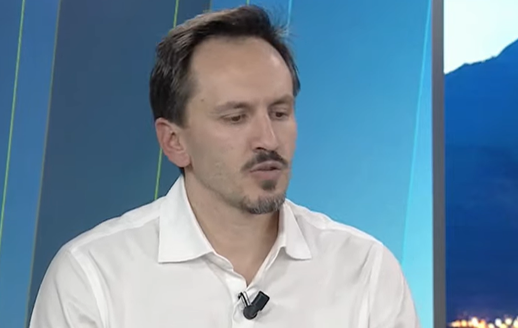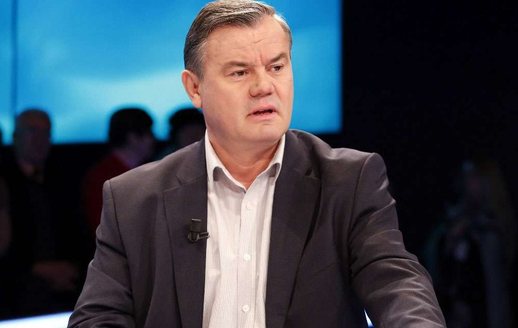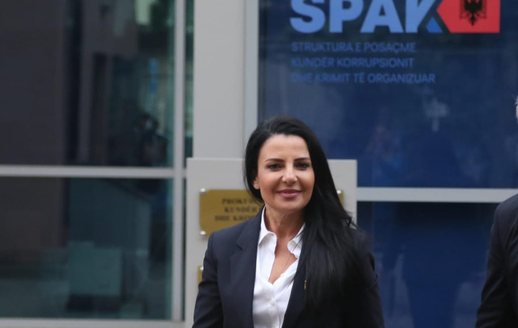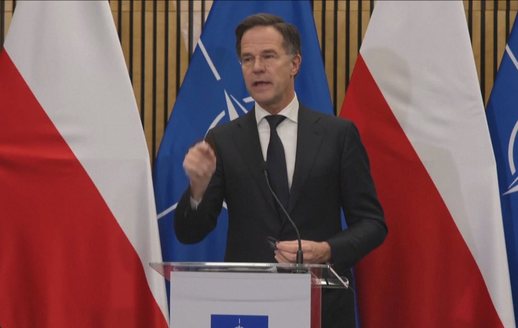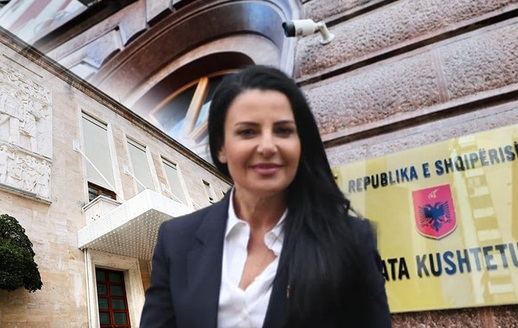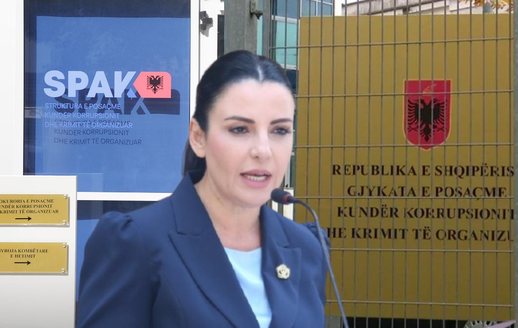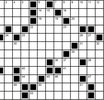
"Healthcare in crisis due to the corruption of Rama and his friends", Basha: End of unsafe drugs and reimbursement according to diagnosis


The Political Leader of the Euro-Atlantic Coalition, Lulzim Basha, held a meeting with health experts, where he presented the main points of the program for reforming the health system in Albania. He emphasized that Albania has the financial capacity to provide a health service of international standards, like the Italian one, with higher efficiency.
Basha said that the principle "money follows the patient" aims to increase transparency and accountability in the healthcare system, by determining the prices of diagnoses and treatments in accordance with best international practices.
According to him, hospitals should act as enterprises that bear financial responsibility for themselves, while investments in the capacities of medical faculties and universities will double the number of new doctors, thus improving the quality of health services.
Through the digitalization of healthcare services, Basha said that the creation of a digital health card for Albanian citizens, modernizing the system and facilitating access to patient data that will be accessible online by 2025.
Another point he touched upon was the reform of the pharmaceutical system. He said that the current government removed the practice of homologating drugs and opening the market to drugs of dubious origin. According to him, there will be a strict control system for drugs, focusing on medications homologated from countries with high health standards and eliminating unsafe drugs.
Part of the program, Basha said, is also reimbursement based on diagnosis, especially for pensioners, in order to eliminate the cost of medications for those in need.
Excerpt from Basha's speech:
The other conclusion is that Albania today does not lack the finances to radically reform the health system and to offer Albanian patients in total a service, even if not of Italian standard, at at least the same cost they spend today but probably with higher efficiency if the system is reformed. And this is exactly what we have detailed in our program proposal.
The first principle is money follows the patient. Money follows the patient means transparency, accountability and responsibility in current public health institutions, starting with the design of diagnostic groups and their pricing according to contemporary best practices. I am not saying that we will go from zero to the top immediately, but gradually increase the price of diagnoses and the pricing of treatments in our public system, in order for the fate of public money with the current system to be determined according to the provision of services.
Përgjegjësia e spitaleve si ndërmarrje me përgjegjësi financiare për veten e tyre, specializimi i tyre. Dyfishimi i kapaciteteve univeristare për të diplomuar mjekë të rinj, po e njëjta gjë edhe për sektorët e tjerë të shëndetësisë që nga infermieria e të tjera. Investime thelbësore publike. Infrastruktura e fakulteteve dhe e universiteteve mjekësore dhe mundësinë e tyre për të ofruar një arsimim realishtdinjitoz dhe efiçentë për mjekët tanë të ardhshëm që do t’i shërbejë edhe trjatimit të plagës aktuale po pse jo dhe të vazhdueshme, se ne duhet të jetojmë me këmbë në tokë të largimit të një pjese të mjekëve në kërkim të një të ardhme më të mirë në Europën perëndimore, gjë që nuk zgjidhet duke vendosur klonin me gjemba për mjekët e rinj. Një mentalitet shumë i vjetër, puro bolshevik. Por zgjidhet vetëm duke rritur përmasat e ofertës tonë dhe duke përmirësuar kushtet e personelit shëndetësor, qoftë në institucionet aktualisht publike me synim kapjen drejt vetëadministrimit. Qoftë duke i dhënë mundësi sektorit privat, pa cenuar parimin paraja ndjek pacientin të japin shërbime me efiçencë pavarësisht prej mundësive apopamundësive ekonomike të qytetarit.
Dhe këtu vij te karta shëndetësore e pacientit shqiptar, për të gjithë qytetarët shqiptarë dhe digjitalizimi i këtyre të dhënave në mënyrë që në 2025, kur edhe shumë segmente të ekonomisë e të rinisë shqiptare arrijnë të korrin benefitet e erës digjitale, edhe pacientet shqiptarë edhe sistemi shëndetësor shqiptar, të kenë mundësinë që bazën e të dhënave për pacientit, mos të jetë më një çështje kartelash, letrash që shkojnë apo nuk shkojnë në destinacion, por të jetë gjithçka e degjitalizuar.
The last thing I want to touch on is the pharmaceutical system. I have said it and I want to repeat it, the drug mafia kills more Albanians than any other type of mafia. The reason why this has happened is because this government 12 years ago abolished the practice of drug homologation, paving the way for drugs of dubious origin, which ends our program from day one. What does this mean, all drugs approved by the European Union, Canada, the USA, Great Britain, Australia, New Zealand, Japan, Switzerland, Norway and some other country that I may have forgotten, all these drugs are not subject to another laboratory control, but are certainly considered safe in the health systems of these countries, which are undoubtedly the most advanced and with the highest standard of living and health in the world, and are also put into circulation here. Any other medication that comes from another origin, will undoubtedly be subject to the strictest and most rigorous controls to prevent the introduction of cheap and ineffective drugs that are sold here to favor a handful of people connected to power and that at best do not have the desired effect and at worst are counterproductive in the treatment process of Albanian patients. Which will be followed by another principle of health reform, which is reimbursement according to diagnosis. This will be primarily for pensioners, where our approach itself aims to zero out the cost of medicines for the elderly. This will be achieved with the principle of reimbursement according to diagnosis and in special cases, as we know even the most advanced countries do not cover everything, with fixed packages, especially for pensions in the old 300 thousand lek.
Happening now...

83 mandates are not immunity for Rama's friends
ideas

"Preliminary sentence for Belinda Balluku", response to Baton Haxhiu

Teatri që fsheh prapaskenën

Berisha's red line and the black line of democracy in the DP
top
Alfa recipes
TRENDING 
services
- POLICE129
- STREET POLICE126
- AMBULANCE112
- FIREFIGHTER128



